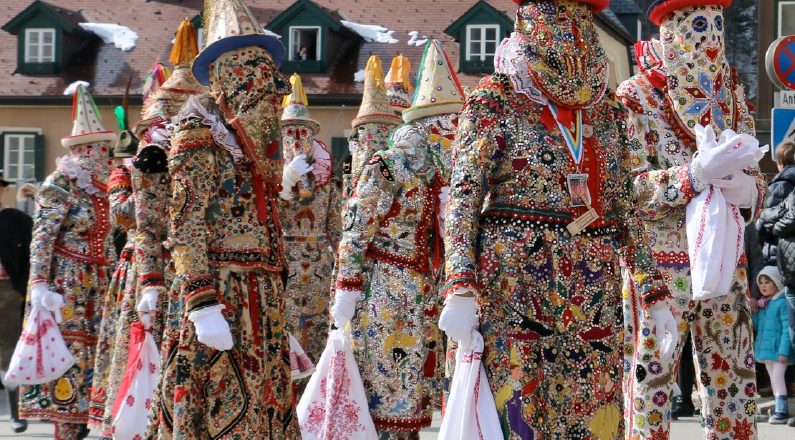(ZENIT News / Vienna, 08.22.2025).- A recent national survey in Austria has revealed that, while religion plays an increasingly minor role in the personal lives of Austrians, Christian symbols and traditions remain firmly rooted in the nation’s sense of identity and heritage.
The poll, conducted in February with more than 1,000 respondents, suggests a broad consensus that Christianity is not merely a matter of private belief but a cornerstone of Austria’s cultural fabric. Sixty-nine percent of those surveyed supported keeping crucifixes in public-school classrooms—even in districts where Christians are no longer the majority. Nearly four in five also expressed their desire to see Christian festivities such as Easter, St. Nicholas Day, and St. Martin’s Day maintained in schools.
“The data show a strong attachment to Christianity as part of Austria’s cultural heritage, regardless of personal religious practice,” explained pollster Johannes Klotz when presenting the results alongside Family Minister Claudia Plakolm.
Yet the same survey underscores a paradox. Only 8 percent of respondents identified faith or religion as an essential personal value. Far more important were family (58 percent), self-determination (54 percent), and security (48 percent). Confidence in religious communities was also strikingly low, with only 28 percent expressing trust in such institutions.
This duality is not new. Austria, once overwhelmingly Catholic—nearly 90 percent of the population in the early 1960s—has witnessed a rapid decline in formal religious affiliation. By 2001, the share had dropped to 73 percent, and in 2023 only about half of Austrians still identified as Catholic. At the same time, immigration and demographic shifts have altered the religious landscape, particularly in Vienna. Recent figures show that Muslims now represent about 41 percent of pupils in the city’s primary and secondary schools, compared with 34.5 percent of Christian students (including both Catholic and Orthodox).
This demographic shift has fueled debates about integration and the place of religious symbols in public life. A striking 85 percent of Austrians, according to the survey, reject exemptions from public-school swimming lessons on religious grounds, a practice most often associated with conservative Muslim families. In this regard, the poll suggests a firm insistence that state law take precedence over religious custom.
What emerges is a portrait of a society negotiating between past and future. On one hand, the crucifix on the classroom wall is defended less as a declaration of faith than as a marker of cultural continuity. On the other, the lived experience of religion is increasingly marginal, its institutional credibility diminished, and its demographic dominance eroded.
Thank you for reading our content. If you would like to receive ZENIT’s daily e-mail news, you can subscribe for free through this link.

